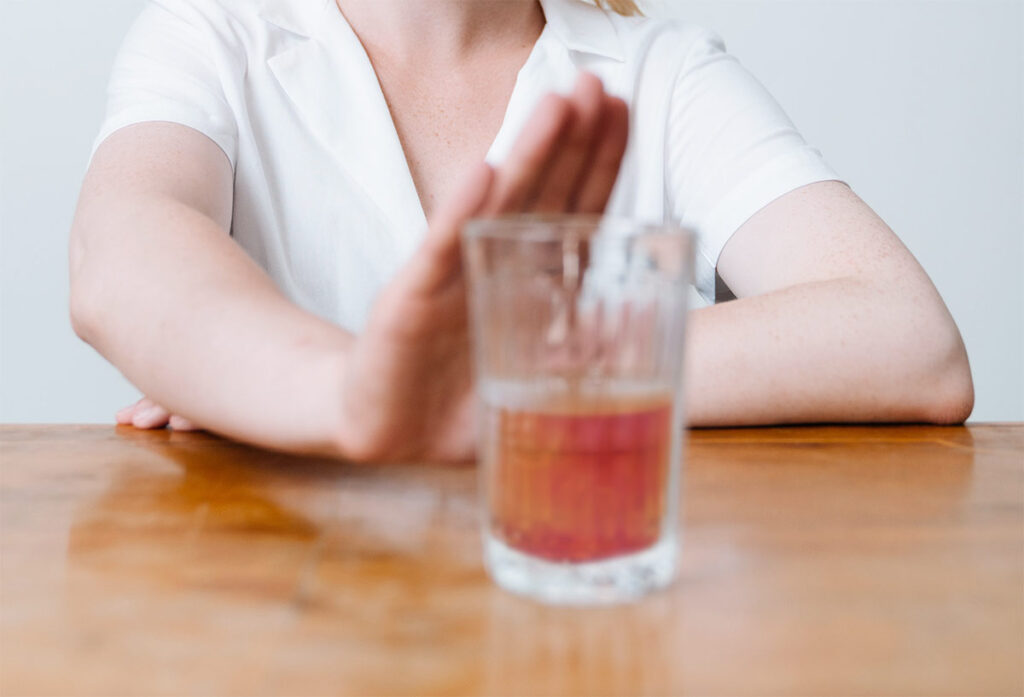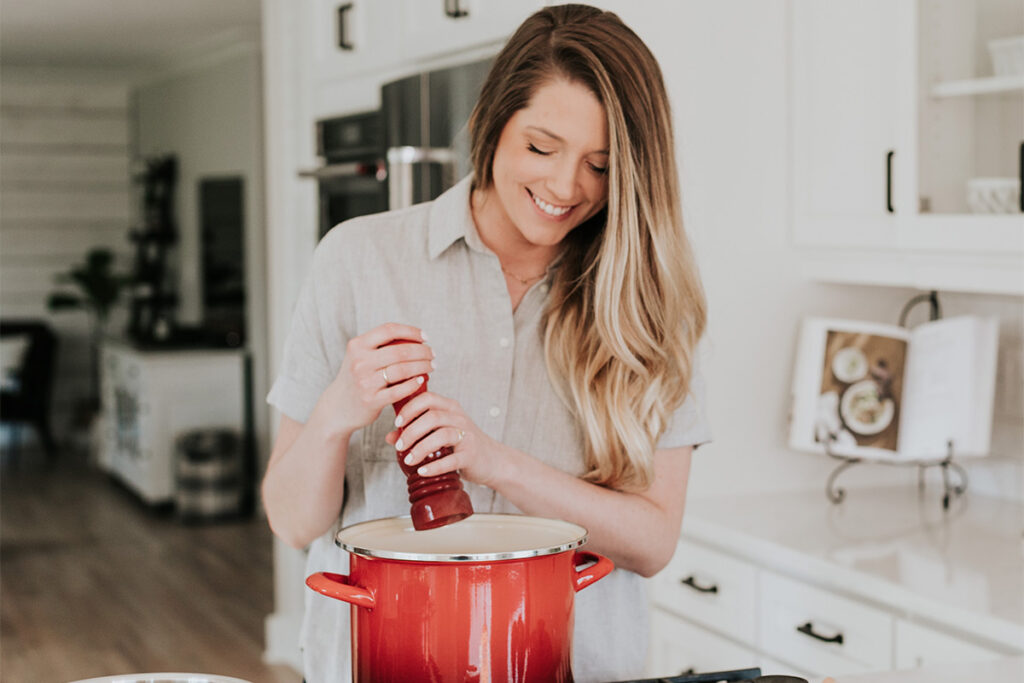We Accept Most Insurance. Please Call to Verify Yours.






![]()







If you’re going to rehab or substance abuse disorder treatment, you’ll quickly find that most centers expect abstinence – not just from whatever it is you’re addicted to but also to everything else. That includes alcohol, even if you only ever had a problem with drugs. In addition, that’s so much true that persons with a medical prescription for pain pills or benzodiazepines sometimes need a special program to get treatment at all.
Most treatment is built around abstinence, which means avoiding intoxicating substances entirely. That means no pills, no cannabis, no alcohol, no mushrooms, no synthetics, nothing. Why is that? If you have a problem with something like opioids, can’t you keep drinking and be healthy?
There are a lot of reasons why the chances are “likely not”. In fact, abstinence approaches are based around how your brain reacts and what it takes to recover. The good news is that abstinence doesn’t have to be forever – but if you have a problem with a substance now, you’re more likely to have problems with them in the future – which means that using and drinking may always be a risk for you. Let’s look at the science of why.
You’re probably accustomed to people linking drug and alcohol abuse to poor food habits. Images of stoners overeating are everywhere. People who use meth are famous for binging on sugary drinks. And everyone has been in the situation of ordering a burger and fries or pizza after getting drunk. Drugs and alcohol result in cravings for more stimulus and that stimulus is often found in food.
What might be more surprising to you is that this phenomenon isn’t limited to “While you’re intoxicated”. In fact, people who go through addiction recovery are significantly likely to sabotage themselves by switching to a diet of high sugar and caffeine beverages. For example, many rehab centers ban energy drinks because their patients will gravitate towards those and will consume a large amount of both.
Out of rehab, those same people are more likely to engage in binge eating, to consume large amounts of caffeine, and to consume large amounts of sugar and fat – like donuts or a large coke and a burger.
Foods that are high in fat, salt, and sugar are valuable for the brain when you need nutrients. They’re “nutrient dense” in that you only need a small amount of them to get everything you need. Over human history, that’s been an important part of keeping people alive. So, when you feel good eating cheese, it’s because your brain’s reward circuit is triggering going “yes, do more of this”. That’s the same reaction that you get when hugging a loved one or doing something nice for a stranger – you feel good because historically it’s been good for your own survival, and your reward circuit developed to reinforce you doing things that help you stay alive.

Eating foods like cheese or donuts release serotonin (a chemical that makes you feel pleasure or happiness) and dopamine (a neurotransmitter that creates a desire to keep doing something). It’s a survival mechanism.


But it’s also the same reaction you get when you take drugs. If you take pain pills, you get the opioid reaction as well as a dopamine and serotonin reaction. That’s so much the case that people in tests can’t actually identify the difference between craving an opioid drug and craving an energy drink.
If that sounds like a big deal, it’s because it is. If you’re in early recovery, you experience cravings. Getting better means learning how to cope with those cravings and to deal with them in healthy ways. If you replace your drug with another substance, like caffeine or sugar, you’ll keep experiencing cravings and you’ll never learn to stay clean.
That’s more true with substances that have stronger reactions. For example, alcohol. If you’re still allowed to drink alcohol, you might find yourself drinking when you’re craving a drug because you can’t tell the difference. And, after all, opening up a beer is harmless because it’s not drugs right? You can probably see how those types of cravings can result in escalation and alcohol abuse problems.
But, it also prevents you from actually taking the steps to recover, because you have an out, to avoid doing the work of finding a healthy coping mechanism and new behavior. The idea of recovery isn’t to replace one substance with another, it’s to find healthier alternatives to reaching for a substance every time you experience a craving. And, if that’s too hard, medication assisted treatment can delay the point to when you have to do that to when you feel healthy enough for it.
It’s also not just sugary drinks and alcohol that can result in problems like this. For example, you’ve probably been recommended to stay away from relationships for the first year of recovery. That’s because the chemicals produced in early relationships (oxytocin, dopamine, and serotonin) are difficult to tell apart from a reaction to a drug. You won’t be able to tell if you’re craving your partner and affection or a drug. And that means you’ll have to wait longer to do the work of recovery.
For most people, the brain does most of its recovery over the first three months after you take your last drink. After that, you’ll need one to two years to get back to a healthy state. That means a state where your brain will respond like it did before you started using in the first place.
Where you can trust that going “I want this” is about wanting the thing and not about craving a dopamine and serotonin reaction you got used to while taking drugs. This means that for most people, you’ll want to remain abstinent for about 2 years or more. That gives you a good safety margin to ensure that you’re drinking because it’s casual or social and not because you’re fulfilling another urge.

Of course, there’s nothing wrong with ongoing sobriety. You might find that, after spending two years sober, you greatly prefer it. Sobriety gives you better opportunities to experience people, to be yourself, and to enjoy things for what they are. And, an increasingly large number of Americans are completely sober with everything from sober events to sober bars creating spaces for adults who want to hang out without alcohol.
If you’d like more advice, it’s always a good idea to talk to your doctor, your therapist, and your counselor. Chances are, they’ll be able to offer insight into why they think you should stay abstinent. And, they’ll probably have some good advice for you based on what tips and tricks you can use to replace alcohol in your social life, where you can find sober things to do, and what you can do if you think you need help with that.
Addiction impacts every part of your life, including your ability to use alcohol safely. Hopefully this gives you good insight into why and you have everything you need to make safe decisions around staying sober in recovery.
If you or a loved one is seeking help for alcohol or other substance abuse, contact us at Stairway Resource Center today. At Stairway Resource Center we provide a 60 to 90-day outpatient program that takes place in an engaging and supportive community setting. We offer dual diagnosis treatment and daily group and individual therapy for our clients, in addition to fun community-based events and activities.

Medical Director
Michael D. Stone, MD has been in practice for over 30 years. He graduated from Medical School in 1986 and attended LA County/USC Medical Center Residency in the field of Emergency Medicine. He is a practicing E.R. doctor at 2 hospitals in the Southern California area. Dr. Stone also has a Specialty in Chemical Dependency and Addiction Medicine for 22 years. He is the Medical Director of numerous Residential and Outpatient Facilities in the Los Angeles area. Dr. Stone’s interests outside of medicine include a commercial pilot, all outdoor activities including skiing, fishing and boating.